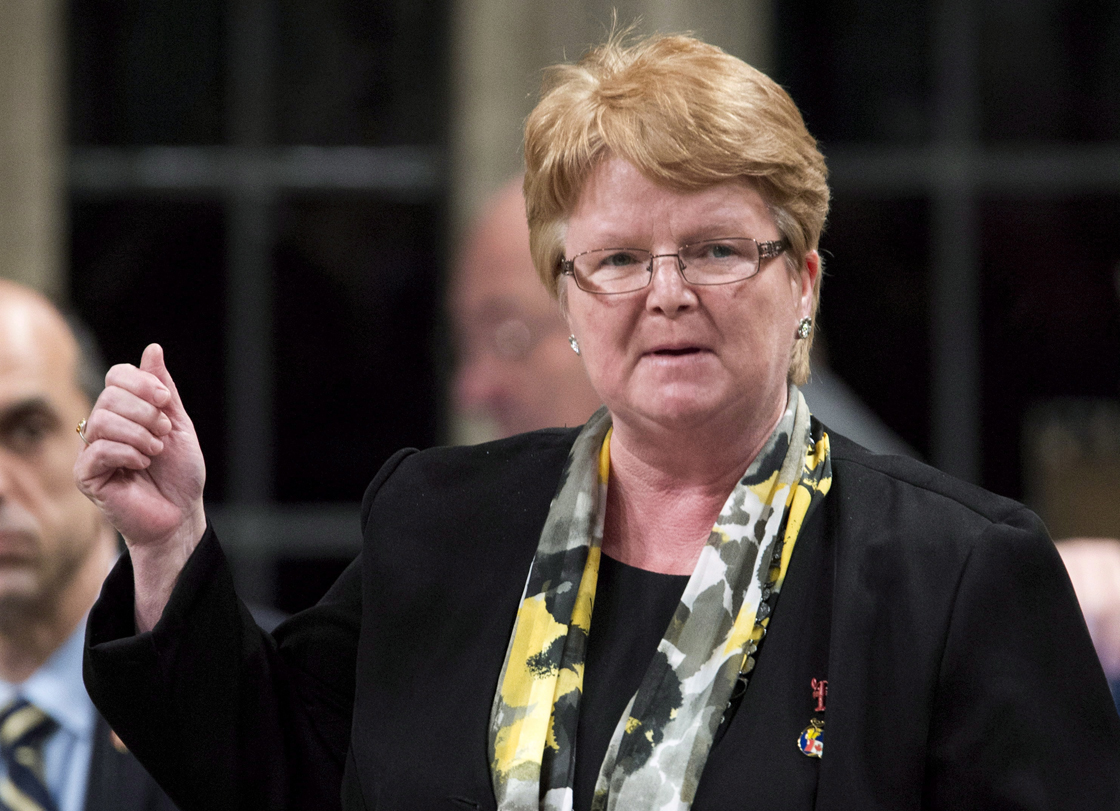ST. JOHN’S, N.L. – Ottawa’s decision to keep open a maritime rescue sub-centre in Quebec has reignited anger and concern over the shuttering of a similar centre in St. John’s, N.L.

The Progressive Conservative government of Newfoundland and Labrador is renewing calls to the federal government to reconsider. The move comes after Ottawa confirmed it has nixed plans to close the Quebec City centre due to a lack of bilingual staff.
Reopening maritime rescue centre a crucial safety matter: minister
Provincial Intergovernmental Affairs Minister Steve Kent said Thursday that reopening the Newfoundland site is a crucial safety matter.
“The geographic realities alone should dictate that the centre should be still in place in St. John’s,” he said in an interview. “We’ll accept nothing less.”
Before it closed in May 2012, the 24-hour maritime rescue sub-centre in St. John’s handled about 500 search and rescue calls a year in an area spanning almost 30,000 kilometres of North Atlantic coastline. An estimated one-third of those cases were distress calls.
On average, 600 lives are saved while 18 are lost each year in the region, says the Canadian Coast Guard website. Only the Canadian Arctic has more severe weather, it adds.
Kent said he has written once again to federal Fisheries Minister Gail Shea asking her to reopen the sub-centre.
He could not think of an example of a botched rescue since local communication services were consolidated in Halifax.
“I can think of a number of recent incidents where the Joint Rescue Co-ordination Centre in Halifax did respond quickly and appropriately,” he said. “But that said, any incident would be too many.
- Iran fires air defences at military base after suspected Israeli drone attack
- U.S. aid to Ukraine, Israel set to pass. But bills differ in one key area
- Carbon rebate labelling in bank deposits fuelling confusion, minister says
- Conservatives ask interference inquiry judge to rule elections were flawed
“I remain very concerned that our capacity to respond to search and rescue incidents is now more limited than it was before.”
If anything, services should be increased – especially as expanding offshore oil exploration is ever farther out to sea, Kent said.
National consolidation of marine rescue, communications and traffic services ongoing
Steve Outhouse, a spokesman for Shea, said the St. John’s centre will stay closed as part of ongoing efforts to streamline marine rescue, communications and traffic services across the country.
He confirmed that St. John’s is the only rescue sub-centre to close in Canada now that Quebec’s has been spared. One marine communications and traffic services office in Inuvik, N.W.T., has also closed as those duties were taken over in Iqaluit, he said.
Outhouse said more closures are planned in coming months for total savings of about $6.4 million.
Mothballing the St. John’s sub-centre saved between $600,000 and $800,000 a year, he said.
Distinct local dialects could hamper remote rescue operations: minister
Outhouse said plans to amalgamate the Quebec City maritime rescue service in Trenton, Ont., were called off because the department could not retain or train enough 24-hour bilingual staff.
Kent said language and local knowledge are vital when seconds count in an emergency.
“We have distinct dialects that could pose challenges for people who are going to be answering the calls in other places in Canada, when those calls should absolutely be answered in St. John’s as they were before.”
Outhouse countered that coast guard staff in Halifax come from various parts of the country, including Newfoundland and Labrador.
“Their job is to help keep people safe on the water and they need to understand the terrain and the coastlines they’re dealing with. That is part of their very rigorous and very thorough training.”
Outhouse acknowledged that communities are very attached to local rescue services.
“From a cheap partisan or cheap political perspective, people will try to wedge this as one region of the country against another. And that’s not what’s happening,” he said. “We’re looking at how to operate these services in a cost-effective way.
“There are consolidations happening from coast to coast to coast.”



Comments